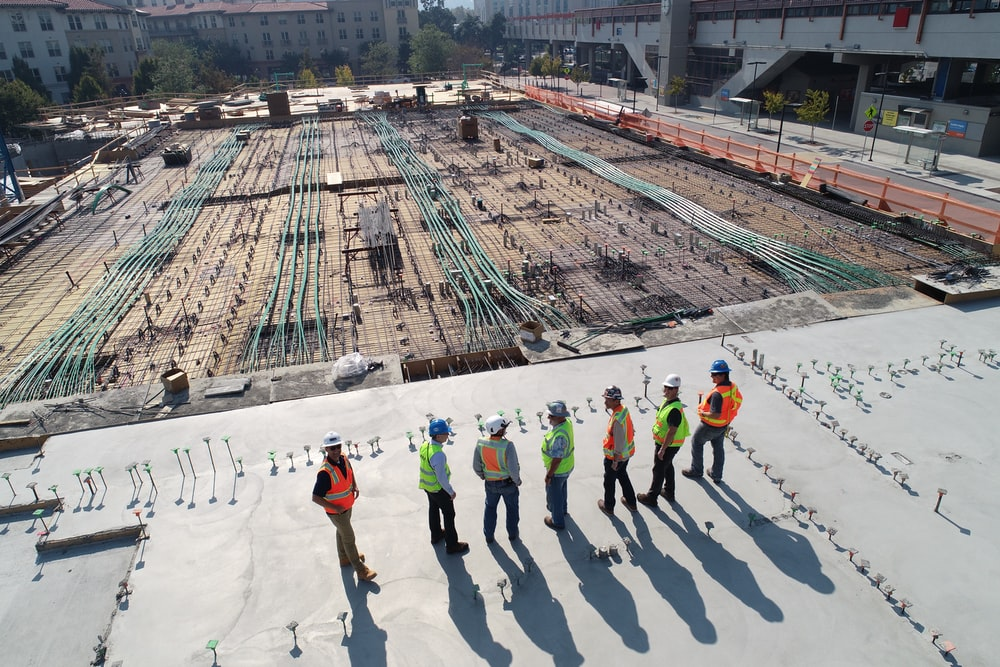Most construction contracts are different to meet the parties’ requirements. Every party has a specific demand, and to ensure those are met, a specific construction contract is chosen.
These contracts are vital to ensure the project is completed in time with minimum risks and faults. If you’re wondering what the various construction contract types are, we’ve got you covered.
Let’s look at various construction contract types.
Lump-Sum Contracts
Lump-Sum contracts or fixed-price contracts are some of the most simple and basic construction contracts. What makes this type so basic is a flat price for all the work mentioned in the contract. No wonder most contractors engage in lump sum contracts.
Lumps sum contracts are basic, but they have their fair share of pros and cons. Here are some of them listed below.
Pros
· Lump-sum contracts make bidding simpler for owners and GCs by defining a total price rather than outlining numerous bids.
· Lumps sum contracts increase the profit margins. That’s because the prices are fixed for every task; finishing under budget means you get to keep those savings.
Cons
· Lump-sum contracts aren’t flexible and can be prone to over or underestimations. When drafting a lump sum contract, you need to consider every aspect of the work, leaving no room for changes. In case any changes occur during the project, they directly interfere with the budget.
· When projects are smaller, dealing with any setbacks is easier. Bigger projects involve more suppliers, and managing errors can become a hassle. Therefore, this risk makes these contracts suitable for predictable and small projects.
Time and Materials Contracts
Some construction projects are unpredictable and aren’t well-defined. As the name suggests, Time and Material (T&M) contracts are suitable for such projects that aren’t defined by a time limit. T&M contracts usually repay contractors for materials by establishing a daily or hourly rate.
Pros
- Contractors are paid by the hour, which is why T&M contracts are flexible since they leave room for additional delays.
- Time and materials contracts make negotiations possible for contractors.
Cons
- Since the project is unpredictable and materials are paid for by the house, tracking them can be tiring and time-consuming.
- In this contract, contractors are paid regularly, leaving no motivation to finish the project early for any bonuses.
Cost-Plus Contracts
Cost-plus contracts involve the owner paying contractors the costs acquired in the project.
Pros
- Cost-plus contracts are flexible
- Miscalculations or errors aren’t detrimental since they’re flexible.
Cons
- Cost-plus contracts require the contractors to highlight the project cost, which can be tough for them.
Hire HPM Consultants for Delay Claim Analysis Services
If you’re looking for professional guidance with construction delays, consider HPM Consultants.
HPM Consultants offers the best construction Delay Claim Analysis Services Bay Area in the US. Whether you’re the owner or a construction company, their team consists of expert and well-versed professionals who can guide you in the best possible manner. They use various methods to determine construction delays.
Visit their website to get in touch with them.



